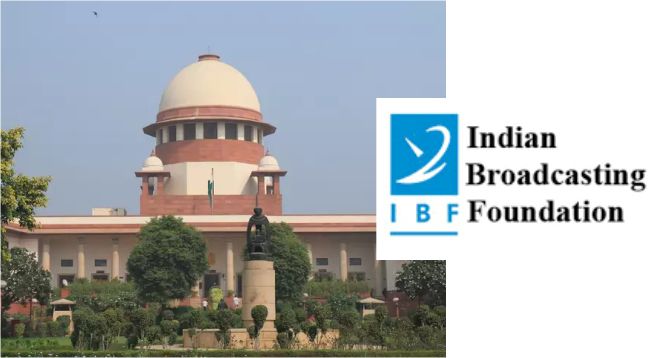The Indian broadcasters’ challenge of the Bombay High Court order, which upheld regulator TRAI’s powers to make economic regulations, while granting some concession to the TV channels, is listed in the agenda of the Supreme Court for August 6.
Whether the case actually gets taken up by the judges would have to be seen on Friday.
The Indian Broadcasting Foundation, a trade organization for TV channels, several broadcasters and the Film and TV Producers Guild of India have challenged in the apex court the Mumbai court’s order on the ground it overlooks the constitutional rights of the broadcasters.
The new challenge by the broadcasters states that the Mumbai court has “incorrectly sought to read into Article 19(2), an additional requirement of public interest, when it comes to interpret a broadcaster’s right to freedom of speech and expression under Article 19(1)(a) of the Constitution of India”.
It goes on to add: “This error in interpretation of one of the most sacrosanct and hallowed of the fundamental rights, permeates the entire reasoning of the Hon’ble Bombay High Court in the Impugned Order, while dismissing the Petitioners’ challenge to the Impugned Amendments that have the effect of imposing unwarranted restrictions on the exercise of the fundamental right, of the members of the Petitioners, to speech and expression and in effect micromanaging the functioning of the broadcasting industry.”
Earlier, while rejecting the broadcasters’ plea on the constitutionality of TRAI’s powers to make economic regulations, the Bombay High Court had, however, upheld the petitioners’ contention that putting restrictions on bundling of variously priced TV channels was “arbitrary”.
TRAI had defended its regulation, popularly known as New Tariff Order version two (NTO 2.0), saying it was a consumer-friendly measure aimed at ensuring transparency and non-discrimination in channel rates.
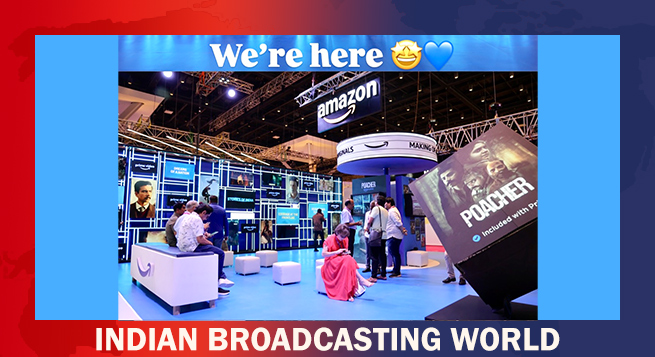 Ads on Prime Video are here! It starts in India from June 17
Ads on Prime Video are here! It starts in India from June 17 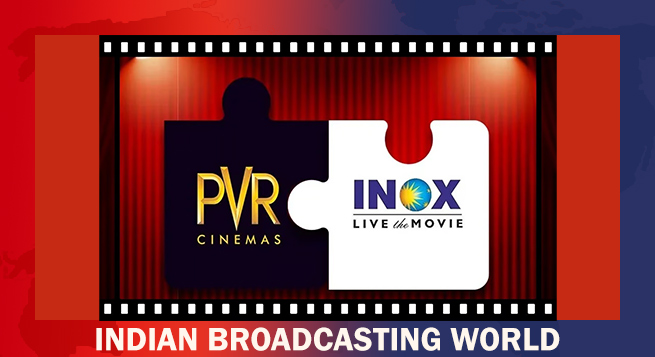 Multiplex chain PVR Inox quarterly loss widens
Multiplex chain PVR Inox quarterly loss widens 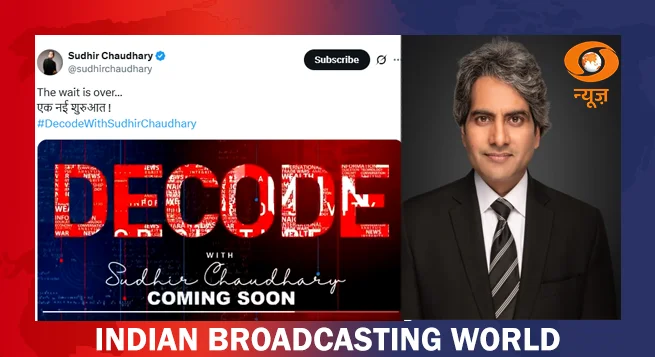 Sudhir Chaudhary unveils teaser of his new show ‘Decode With Sudhir Chaudhary’ on Doordarshan
Sudhir Chaudhary unveils teaser of his new show ‘Decode With Sudhir Chaudhary’ on Doordarshan  NBF advises TV news channels to stop flashing ‘War Breaking’ tagline
NBF advises TV news channels to stop flashing ‘War Breaking’ tagline 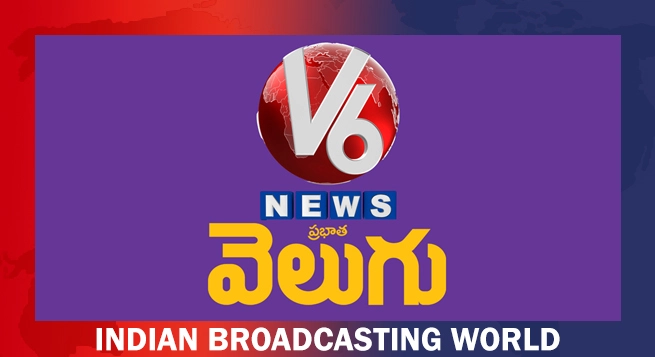 V6 Velugu achieves YouTube diamond play button milestone
V6 Velugu achieves YouTube diamond play button milestone 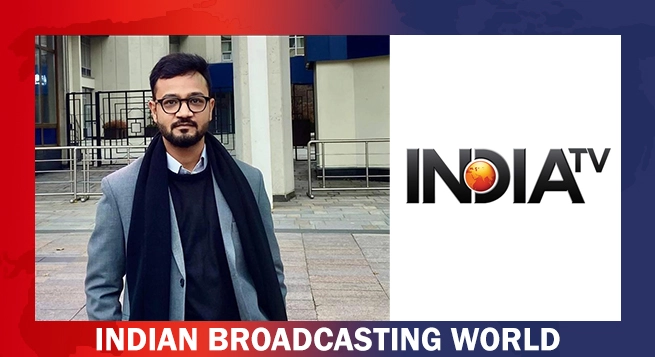 India TV appoints Navneet Gautam as Chief Manager for digital strategy
India TV appoints Navneet Gautam as Chief Manager for digital strategy 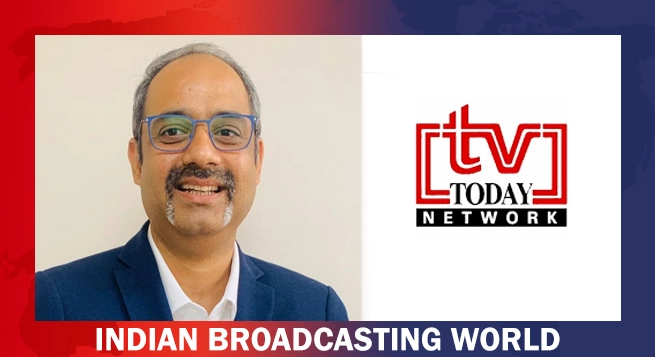 TV Today Network elevates Gaurav Verma as COO of Aaj Tak
TV Today Network elevates Gaurav Verma as COO of Aaj Tak 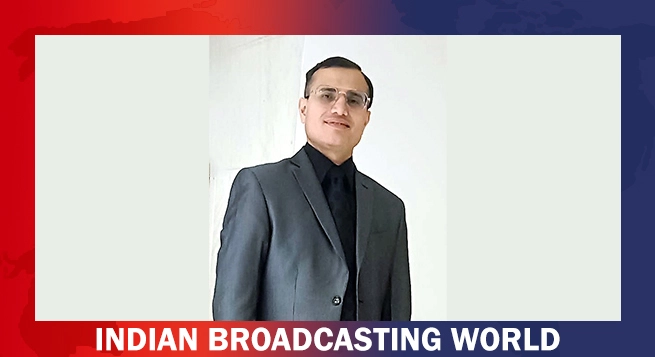 Abhishek Mehrotra joins AATHARVI as president after exiting News24
Abhishek Mehrotra joins AATHARVI as president after exiting News24  Airtel beats quarterly profit estimates as ARPUs go up
Airtel beats quarterly profit estimates as ARPUs go up 

